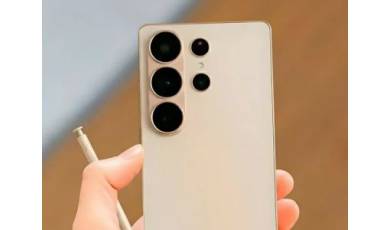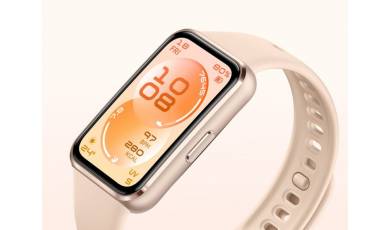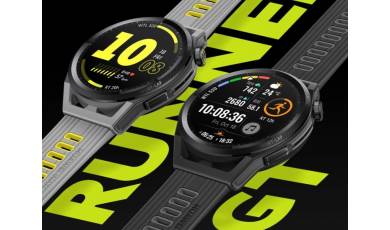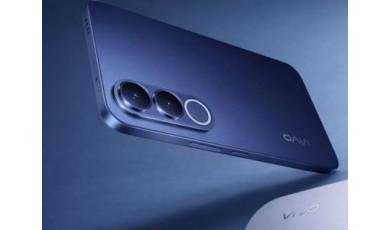Moto G31 specs.
Mobiles >> Moto >> Moto G31| Specifications | Reviews | Secret codes |
| Unlock phone | Root phone |
| Backup | Flash Firmware | Screenshot |
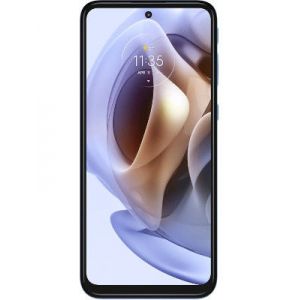
Basic Spec Moto G31
Smart Phone OS: An operating system (OS) is software that interacts between a user and a smartphone.
An operating system (OS) is software that interacts between a user and a smartphone.
Android v11
CPU: Central processing unit
Central processing unit
Octa core (2 GHz, Dual core, Cortex A75 1.8 GHz, Hexa Core, Cortex A55)
Chipset: Is a set of chips in the smartphone that control the CPU.
Is a set of chips in the smartphone that control the CPU.
MediaTek Helio G85
Architecture:
64 bit
GPU: Graphics Processing Unit
Graphics Processing Unit
Mali-G52 MC2
RAM: Random Access Memory
Random Access Memory
4 GB
RAM Type:
LPDDR4X
Display Moto G31
Screen Size: This diagonal display size is usually measured in inches.
This diagonal display size is usually measured in inches.
6.4 inches (16.26 cm)
Screen Resolution: Screen resolution refers to the size of the image received on the screen in pixels
Screen resolution refers to the size of the image received on the screen in pixels
1080 x 2400 pixels
Aspect Ratio:
20:9
Display Type:
AMOLED
Display dots per inch:
411 ppi
Touch Screen:
Yes, Capacitive Touchscreen, Multi-touch
Refresh Rate:
60 Hz
Brightness:
700 nits
Bezel-less display:
Yes with punch-hole display
Screen to Body Ratio:
88.8 %
Storage Moto G31
Internal Memory:
64 GB
Expandable Memory:
Yes, Up to 1 TB
USB OTG:
Yes
Communication Moto G31
SIM Size:
SIM1: Nano, SIM2: Nano (Hybrid)
SIM Slot(s):
Dual SIM, GSM GSM
Network Support:
5G, 4G, 3G, 2G
Bluetooth: Bluetooth is used to exchange data between nearby mobile devices.
Bluetooth is used to exchange data between nearby mobile devices.
Yes, v5.0
GPS: Global Positioning System
Global Positioning System
Yes with A-GPS Assisted Global Positioning System, GLONASS
Assisted Global Positioning System, GLONASS GLObal NAvigation Satellite System
GLObal NAvigation Satellite System
NFC: Near field communication
Near field communication
No
SAR Value:
Head: 0.93 W/kg, Body: 1.39 W/kg
USB Connectivity:
Mass storage device, USB charging
VoLTE:
Yes
Wi-Fi: Wireless lan technology
Wireless lan technology
Yes, Wi-Fi 5 (802.11 a/b/g/n/ac)
Wi-Fi Features:
Mobile Hotspot
Main camera Moto G31
Screen Resolution: Screen resolution refers to the size of the image received on the screen in pixels
Screen resolution refers to the size of the image received on the screen in pixels
50 MP f/1.8, Wide Angle, Primary Camera(1.28µm pixel size)8 MP f/2.2, Ultra-Wide Angle, Depth Camera(4.0" sensor size, 1.12µm pixel size)2 MP f/2.4, Macro Camera(1.75µm pixel size)
Image Resolution:
8150 x 6150 Pixels
Camera Setup:
Triple
Flash:
Yes, LED Flash
Camera Features:
8 x Digital Zoom
Auto Flash
Face detection
Touch to focus
Auto Flash
Face detection
Touch to focus
Autofocus:
Yes, Phase Detection autofocus
Settings:
Exposure compensation, ISO control
Shooting Modes:
Continuous Shooting
High Dynamic Range mode (HDR)
High Dynamic Range mode (HDR)
Video Recording:
1920x1080 @ 30 fps
Selfie camera Moto G31
Screen Resolution: Screen resolution refers to the size of the image received on the screen in pixels
Screen resolution refers to the size of the image received on the screen in pixels
13 MP f/2.2, Wide Angle, Primary Camera(1.12µm pixel size)
Camera Setup:
Single
Video Recording:
1920x1080 @ 30 fps
Multimedia Moto G31
Audio Jack:
3.5 mm
Loudspeaker:
Yes
Audio Features:
Dolby Atmos
Radio:
Yes
Other features Moto G31
Fingerprint Sensor:
Yes
Fingerprint Sensor Position:
Side
Other Sensors:
Light sensor, Proximity sensor, Accelerometer, Compass, Gyroscope
Design Moto G31
Build Material:
Back: Plastic
Colours:
Sterling Blue, Meteorite Grey
Width:
74.6 mm
Height:
161.19 mm
Thickness:
8.49 mm
Weight:
180 grams
Waterproof:
Yes, Splash proof, IPX2
Battery Moto G31
Type:
Li-Polymer
Battery capacity:
5000 mAh
Battery removable:
No
USB Type-C:
Yes
Comments, Questions and Answers about Moto G31
Ask a question about Moto G31

